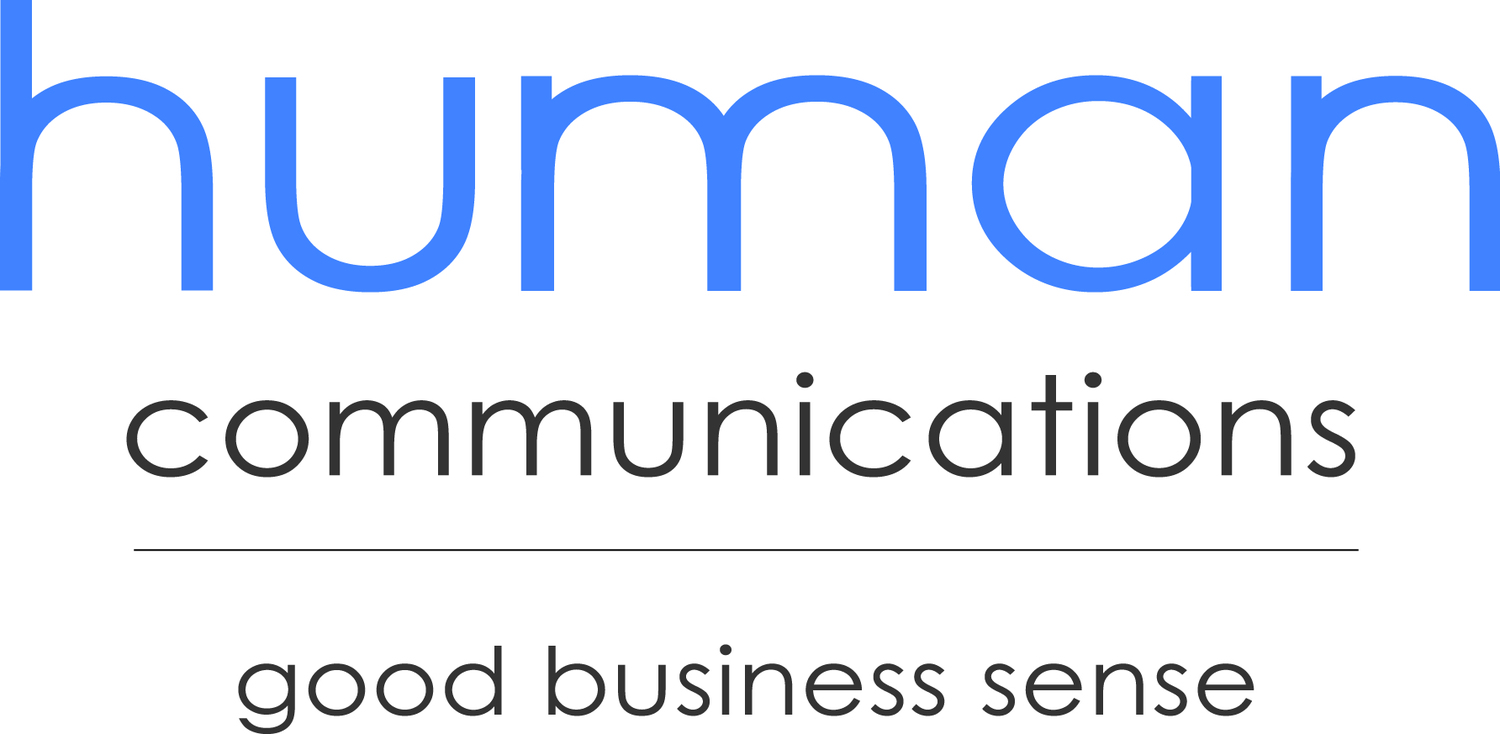Plain English business writing: Facebook joins the club
There's been a trend in recent years for businesses and government organisations to rethink the way they communicate with customers.
Every week, we see more and more examples of businesses that have realised their communications must be focused on one thing: their customers. And that usually means opting for language that their customers can understand – rather than slipping into corporate-speak.
For example, Singapore-based OCBC Bank increased its mortgage insurance premiums from customers after it prioritised the use of plain English in its marketing materials.
Elsewhere, public figures such as Australian Prime Minister Tony Abbott and a bankruptcy judge in Detroit have been encouraging public bodies to use plain English and banish jargon in their communications.
Facebook joins the plain English club
Facebook, a company that has been criticised in the past for the complexity of some of its user policies, recently joined this trend toward plain English business writing when it launched clearer explanations of its privacy policies.
The company has introduced a new privacy basics centre, providing simple information on what its users can expect from their interactions on the social media site. It explains to users what information other users can see about them and highlights what they themselves can expect to see when using the site.
Personal data concerns lead to call for clearer language
However, a few days later, the company was one of several social media firms that found themselves facing criticism from the UK's Science and Technology Committee over the 'excessive length and complexity' of their terms and conditions.
In a report exploring how technology companies use personal data, members of the committee called for social media businesses to be clearer when explaining their policies.
"It is vital that companies effectively communicate how they intend to use personal data collected from users of services and if terms and conditions cannot be made easier to understand then this must be explained separately," said the committee.
Jargon – a challenge across sectors
The technology sector is not the only one in which companies have recently found themselves urged to improve their consumer-facing language.
Research published in August revealed that up to half of UK adults find the language used by financial services companies confusing. The figures suggest that businesses can stand out from their competition by focusing more on the language they use with customers and opting for plain English business writing instead of industry jargon.
Are you doing everything that you can to communicate clearly as an organisation? Do your 2015 plans involve the use of plain English throughout your company? Let us know your thoughts in the comments below.

